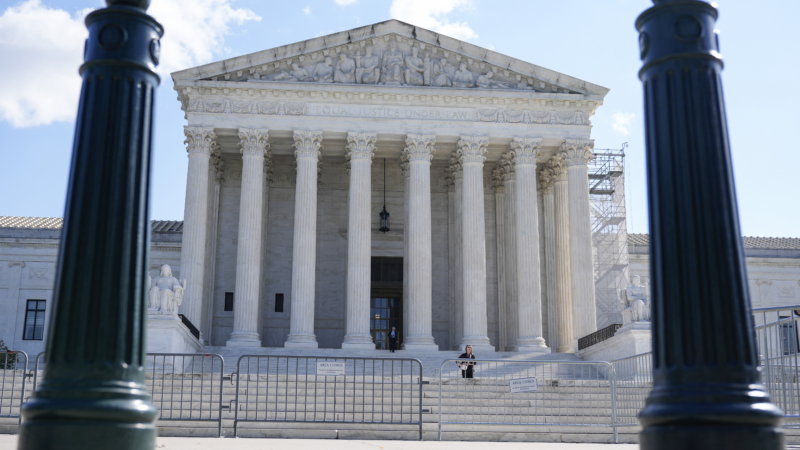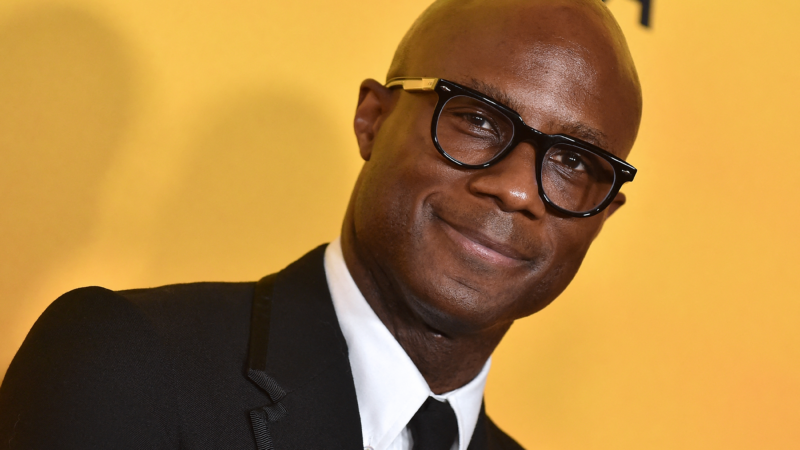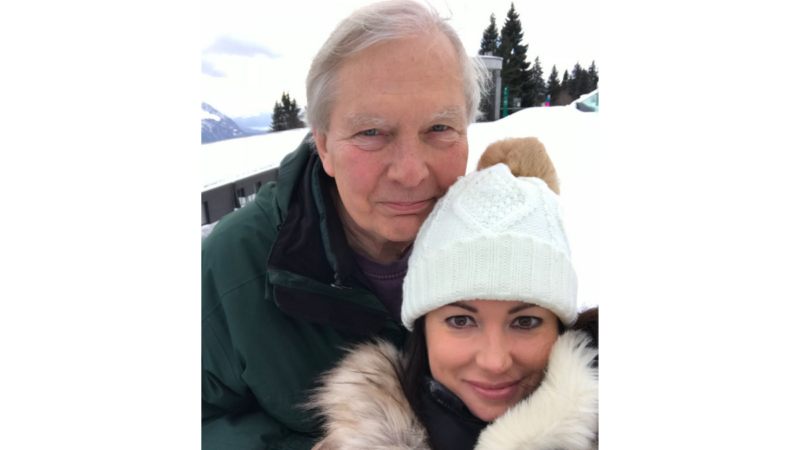Civil Rights Attorney Fred Gray Reflects on Montgomery Bus Boycott
Tomorrow marks the 50th anniversary of the Voting Rights Act of 1965, the law that abolished literacy tests and other tools designed to keep black people from voting. The momentum for Selma and the civil rights victories of 1965 started ten years earlier with the Montgomery Bus Boycott of 1955. Tuskegee civil rights lawyer Fred Gray was one of the forces behind that boycott. For WBHM, Greg Bass recently spoke with Gray about the bus boycott, and his extraordinary career. Gray went on to represent the Selma Marchers, Martin Luther King and a seamstress named Rosa Parks.
Fred Gray’s mother wanted him to become a preacher, and his early life seemed to point him in that direction.
“At an early age she said that I would baptize dogs and cats and anything else I could catch.”
With help from her church Gray’s mother sent him to a religious boarding school in Nashville through high school. When he returned home to Montgomery to attend college, he relied on the bus system for transportation. Gray says the humiliation Blacks suffered when made to give up their seats to white was increasingly hard to swallow.
“And because of the bus situation and recognizing that everything else was completely segregated, I made a personal, private, secret commitment I was going to finish state, go to law school, finish law school, take the Alabama Bar Exam, become a lawyer and destroy everything segregated I could find.”
Gray went to Case Western Reserve University Law School in Cleveland, and returned to Montgomery in 1954 to begin his practice. He got to know political activist Jo Ann Robinson. Like many people of color in Montgomery, Robinson suffered abuse while riding city buses. After 15-year-old Claudette Colvin was arrested for refusing to give up her seat in March of ‘55, Gray was called to defend the teenager. Jo Ann Robinson, Fred Gray and E. D. Nixon, head of the local chapter of the NAACP, decided the bus system had to change.
“And one thing we concluded was, one, the next time a situation like this occurs we are going to be prepared to go on and do more than just dispose of the criminal or quasi-criminal aspect of it. And that opportunity presented itself with Ms. Parks.”
Rosa Parks is probably the most recognizable name in civil rights history after Martin Luther King. As a young man, Gray knew Parks as youth leader of the local NAACP chapter. When he came back to Montgomery, he says they often got together to talk politics.
“So every day for our lunch period she would usually walk down to my office and we’d sit down and share our lunches together and talk about things from the bus situation to the youth situation to the fact that everything was segregated to what a person should or should not do in the event they were arrested similar to what Claudette Colvin was. I knew then that if the opportunity presented itself she would probably not give up her seat.”
On December 1, 1955, Rosa Parks was arrested for failing to give up her seat. Jo Ann Robinson led a successful effort to get the black community to stay off the buses the day of Parks’ trail. Gray says it was the opportunity they had waited for.
“And since we had ask people to stay off the buses for one day during the trail we need to keep ‘em off until we can go back on a non-segregated basis or get the issues resolved. The people continued to stay off the busses. You had the mass demonstration, the Montgomery Bus Boycott, for the first time you had about 40,00 people working together in solving a problem.”
Gray filed a lawsuit in federal court calling for an end to segregated buses. The Bus Boycott that began with Rosa Parks trial lasted 381 days and ended only with when the Supreme Count agreed that the segregated bus system was against the law. It was the first of many civil rights cases Fred Gray would win.
Join WBHM next Wednesday for part two of our conversation with Freg Gray. He’ll discuss the Selma March, school desegregation, and the person he sued more than any other, George Wallace.
Blake Lively accuses ‘It Ends With Us’ studio of harassment and smear campaign
In a legal complaint, the actor says co-star Justin Baldoni and his team launched a smear campaign as a way to silence Lively's narrative about his and a producer's alleged repeated sexual harassment.
Millions face wintry weather for what could be a record-setting holiday travel season
More than 119 million people are expected to travel for Christmas and Hanukkah, which both fall on the same day this year, through the New Year, according to AAA.
Review by Senate Democrats finds more unreported luxury trips by Clarence Thomas
A report by Democrats on the Judiciary Committee found additional travel taken in 2021 by Thomas but not reported on his annual financial disclosure, including trips on private jets and a yacht trip.
Where did Barry Jenkins feel safe as a kid? Atop a tree
Director Barry Jenkins is best known for films like "Moonlight" and "If Beale Street Could Talk." On Wild Card, he opens up about where he felt the safest as a kid.
Israeli strikes across Gaza kill at least 20, including five children
Israeli strikes across the Gaza Strip overnight and into Sunday killed at least 20 people, including five children, Palestinian medical officials said.
This Christmas I’ll be grieving. Here’s how I’ll be finding joy.
Since her husband's death, newscaster Windsor Johnston has been looking for ways to recapture joy and continue her healing journey — one that's taken her to a place she'd never expected.





